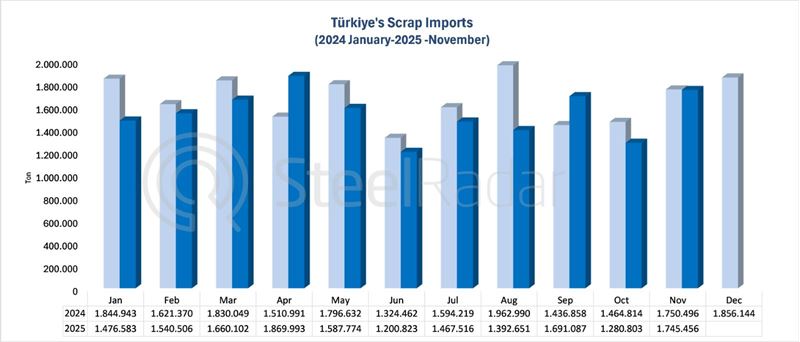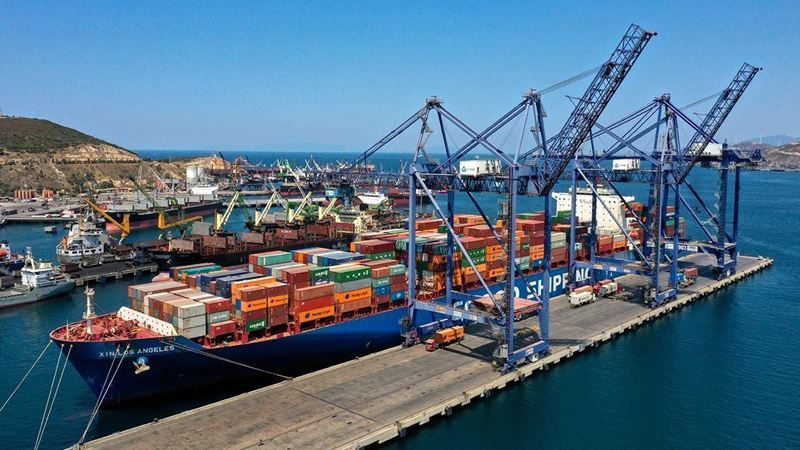With broad majority backing, the Bundesrat approved a motion calling for the swift implementation of the European Steel and Metal Action Plan (ESMAP). Initiated by North Rhine-Westphalia, the motion outlines urgent steps to secure the future of the steel sector. At the recommendation of the states of Saarland, Bremen, and Lower Saxony, the motion also includes a request to organize a national steel summit.
Kerstin Maria Rippel, Managing Director of the German Steel Federation (WV Stahl), welcomed the decision as a clear show of support for the industry, stating, “We support the federal government in engaging in high-level discussions with the sector.”
Rippel emphasized that the coalition government must honor its commitments and actively contribute in Brussels to ensure the timely implementation of the European action plan.
According to Rippel, key measures needed for the industry include strengthening foreign trade protections, securing competitive electricity prices, lowering grid access fees, and prioritizing climate-friendly domestic products in public procurement.
She warned that delays in taking these steps could lead to job losses and weaken Germany’s economic strength.
Rippel also pointed out that one-third of the steel consumed in Europe is imported from outside the EU. Combined with weak demand, rising import pressure has significantly reduced production capacity. Referring to high U.S. import tariffs and OECD data on global overcapacity, she called for the establishment of a new trade defense mechanism in Europe.
On the issue of energy costs, Rippel stressed that high electricity prices are particularly burdensome for electric steel plants. She urged a rapid reduction in grid fees and called for a reliable and affordable industrial electricity tariff.
Additionally, she highlighted the potential of creating lead markets for low-emission products "Made in Germany" and the EU, emphasizing that such markets could drive both economic growth and environmental progress.
Rippel concluded by stressing the strategic importance of strengthening local value chains for sustainable growth, resilience, and climate protection, and called for prompt political action.










Comments
No comment yet.